2 Answers
### 1. **Common Foundations**:
- **Overlap in Curriculum**: EEE programs often include subjects related to programming, algorithms, and computer architecture. These topics provide a solid foundation for understanding computer science concepts.
- **Interdisciplinary Skills**: Skills such as problem-solving, analytical thinking, and familiarity with mathematical concepts are crucial in both fields. EEE students typically develop these skills through their coursework.
### 2. **Relevance of Skills**:
- **Programming Knowledge**: Many EEE students learn programming languages (like C, C++, Python) and software tools, which are essential in CS roles. If you have a good grasp of these, you can compete effectively for CS positions.
- **Projects and Internships**: If you have participated in projects or internships that involve software development, embedded systems, or data analysis, this experience can enhance your profile for CS roles.
### 3. **Job Roles**:
- **Diverse Opportunities**: CS placements often include roles like software development, data analysis, cybersecurity, and more. Many of these positions value the technical skills and analytical abilities that EEE students possess.
- **Electronics and Software Integration**: With the increasing convergence of electronics and software (like IoT), EEE students may find opportunities that leverage their knowledge in both areas.
### 4. **Preparation**:
- **Self-Study**: If you want to pursue CS placements, consider self-studying relevant programming languages, algorithms, data structures, and software engineering principles. Online courses and coding practice platforms (like LeetCode, HackerRank) can be very helpful.
- **Networking and Resources**: Engage with professors, join study groups, or participate in tech clubs. Networking can provide insights into job openings and prepare you for interviews.
### 5. **Interviews and Assessments**:
- **Technical Interviews**: Be prepared for technical interviews that may focus on coding skills, problem-solving, and understanding of algorithms. Practice coding problems and familiarize yourself with common interview formats.
- **Soft Skills**: Employers also look for communication skills and teamwork abilities, so highlighting relevant experiences in these areas can strengthen your application.
### 6. **Company Policies**:
- **Check Company Requirements**: Different companies have varied policies regarding educational backgrounds for placements. Some may have strict requirements, while others are more flexible and open to candidates from different engineering backgrounds.
### Conclusion:
In summary, EEE students can definitely sit for CS placements, especially if they build relevant skills and experiences. The tech industry values diverse backgrounds, and with the right preparation, EEE students can be strong contenders in the CS job market.
### **1. **Overlapping Skills and Knowledge**
**a. Programming Skills:**
Many EEE students have strong programming skills because their curriculum often includes courses in programming languages like C, C++, Python, and sometimes Java. These languages are also widely used in computer science.
**b. Problem-Solving Skills:**
EEE students are typically trained in complex problem-solving and algorithmic thinking, which are crucial for computer science roles.
**c. Data Structures and Algorithms:**
While the depth might vary, EEE students often have exposure to data structures and algorithms, which are fundamental to computer science interviews and roles.
### **2. **Eligibility Criteria**
**a. Company Policies:**
Different companies have different eligibility criteria for placements. Many companies focus on the skills and knowledge of candidates rather than their specific degree. As long as you meet the technical requirements and can demonstrate relevant skills, your degree might not be a barrier.
**b. Job Role Requirements:**
Roles like software development, testing, data analysis, and other tech-oriented positions may be open to candidates from diverse engineering backgrounds as long as they possess the required skills and knowledge.
### **3. **Preparation for CS Placements**
**a. Technical Skills:**
Make sure you’re proficient in the programming languages and technologies that are relevant to the roles you're targeting. Working on personal or academic projects can help showcase your skills.
**b. Certifications and Courses:**
Consider taking online courses or certifications in computer science areas if you feel your knowledge is lacking in certain areas. Platforms like Coursera, edX, and Udacity offer courses that can bolster your resume.
**c. Mock Interviews and Practice:**
Practice coding problems on platforms like LeetCode, HackerRank, or CodeSignal. Participate in mock interviews to get comfortable with the interview process and format.
**d. Resume and Cover Letter:**
Tailor your resume and cover letter to highlight relevant skills, projects, and experience that align with computer science roles. Emphasize any cross-disciplinary skills that might make you a strong candidate.
### **4. **Networking and Outreach**
**a. Reach Out to Alumni:**
Connect with alumni from your institution who have successfully made the switch or are working in CS roles. They can offer valuable insights and guidance.
**b. Attend Workshops and Seminars:**
Participate in workshops, webinars, and seminars related to computer science to broaden your knowledge and network with professionals in the field.
### **5. **Potential Challenges**
**a. Competition:**
You might face competition from students with degrees directly related to computer science, but a strong skill set and preparation can help you stand out.
**b. Understanding of CS Concepts:**
While EEE students have a solid foundation in many technical areas, it might be beneficial to have a good understanding of computer science concepts like software development life cycles, databases, and web technologies.
### **Conclusion**
In summary, EEE students can absolutely pursue placements in computer science, provided they equip themselves with the relevant skills and knowledge. The key is to bridge any gaps in your knowledge, prepare rigorously, and tailor your application materials to the roles you’re targeting.
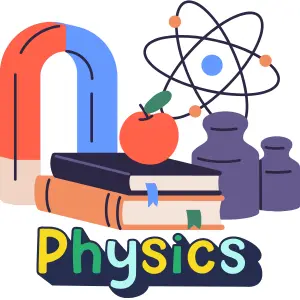
Applied Physics
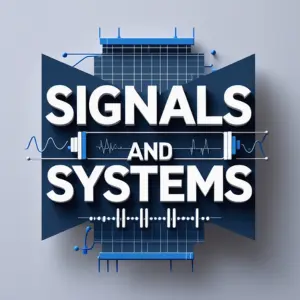
Signals and Systems
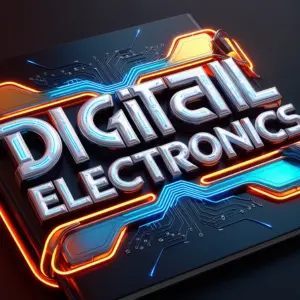
Digital Electronics
Basic Concepts
Basic Laws
Units
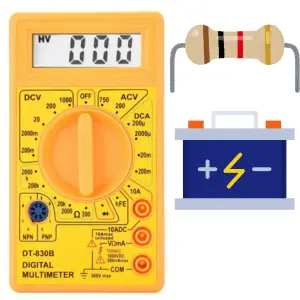
Ohmic Resistors
Capacitors and Inductors
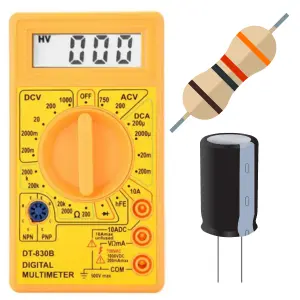
RC Circuit
First-Order Circuits
Second-Order Circuits
Principles Of Circuit Analysis
Sinusoids and Phasors
AC Steady-State Analysis
Single Phase A.C. Circuits
Three-Phase Circuits
Resonance In Series And Parallel Circuits
Network Theorems
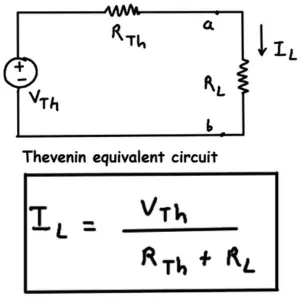
Thevenin's Theorem
Two-port Networks
Digital Electronics
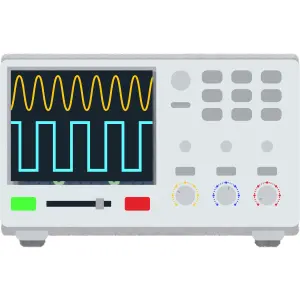
Oscilloscope
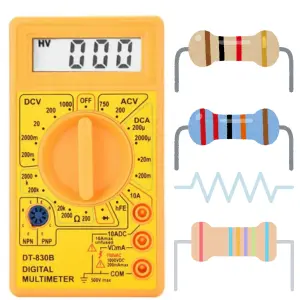
Ohmmeter
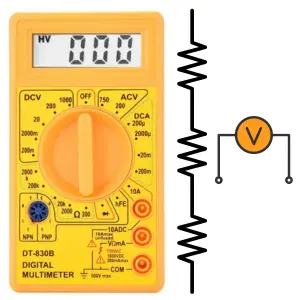
Voltmeter
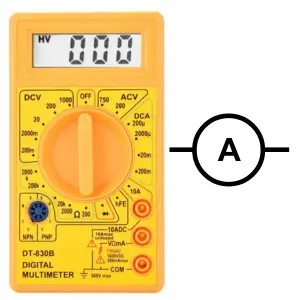
Ammeter
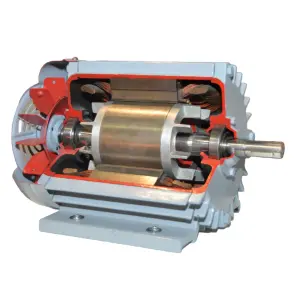
Induction Motor
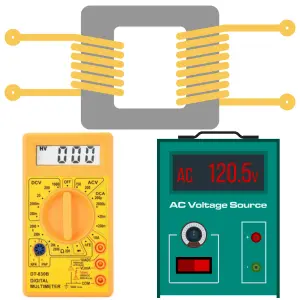
Transformer
Operational Amplifiers
Components
Symbols
Formulas
EE Notes
EE Dictionary
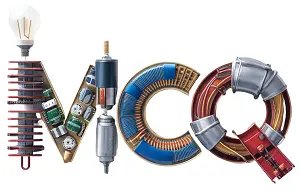
MCQ Quiz

Interview Q&A
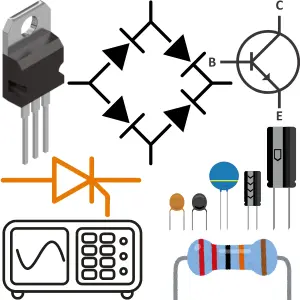
Power Electronics Book
Advanced Calculator

Basic Calculator
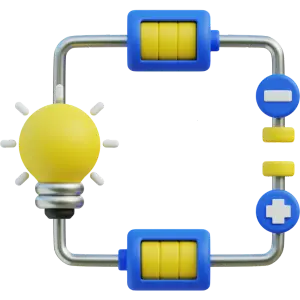
Simulator
Videos
Q&A
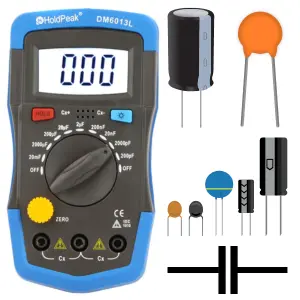
Capacitance Meter
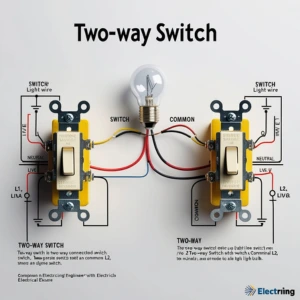
Two Way Switch
Electrical Machines
Power Electronics

Electrical Drives & Their Control
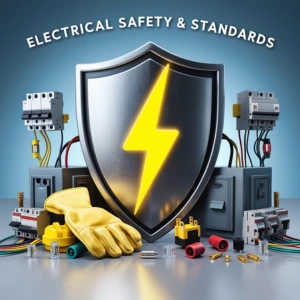
Electrical Safety & Standards
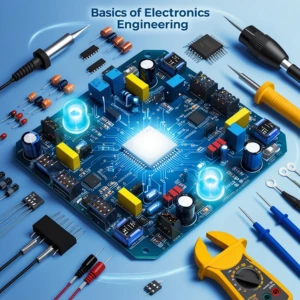
Basics of Electronics Engineering
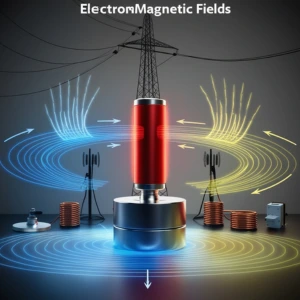
Electromagnetic Fields
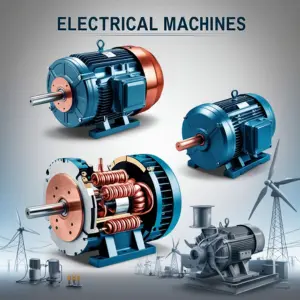
Electrical Machines

More Items Coming Soon...